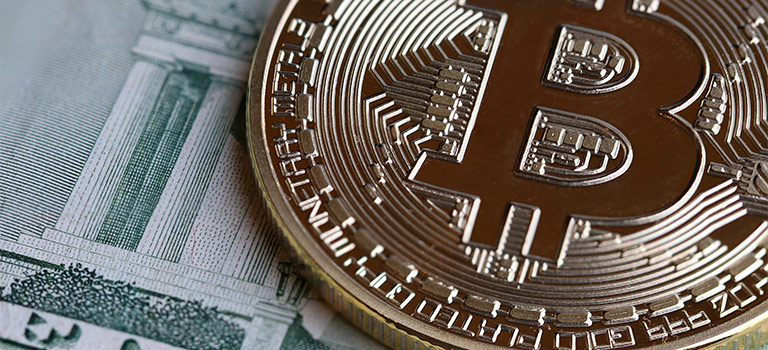PALO ALTO, Calif. (Reuters) - The Federal Reserve is looking at a broad series of problems around digital payments and currencies, consisting of policy, style and legal factors to consider around possibly issuing its own digital currency, Guv Lael Brainard stated on Wednesday. Brainard's remarks recommend more openness to the possibility of a Fed-issued digital coin than in the past." By transforming payments, digitalization has the prospective to provide higher value and benefit at lower cost," Brainard stated at a conference on payments http://codyiihy910.bravesites.com/entries/general/a-fed-digital-currency-looks-inevitable-so-do-the-problems---- at the Stanford Graduate School of Service.
Central banks globally are debating how to manage digital finance innovation and the dispersed ledger systems used by bitcoin, which Homepage assures near-instantaneous payment at possibly low cost. The Fed is developing its own round-the-clock real-time payments and settlement service and is currently reviewing 200 comment letters sent late last year about the proposed service's design and scope, Brainard stated.
Less than two years ago Brainard informed a conference in San Francisco that there is "no engaging demonstrated need" for such a coin. However that was before the scope of Facebook's digital currency aspirations were extensively understood. Fed officials, consisting of Brainard, have raised issues about consumer protections and information and personal privacy threats that might be positioned by a currency that might come into use by the third of the world's population that have Facebook accounts.
" We are teaming up with other main banks as we advance our understanding of main bank digital currencies," she stated. With more countries looking into releasing their own digital currencies, Brainard stated, that includes to "a set of factors to likewise be making certain that we are that frontier of both research and policy development." In the United States, Brainard said, issues that need research study consist of whether a digital currency would make the payments system more secure or easier, and whether it might pose financial stability dangers, including the possibility of bank runs if money can be turned "with a single swipe" into the central bank's digital currency.
To counter the monetary damage from America's unprecedented national lockdown, the Federal Reserve has taken extraordinary actions, including flooding the economy with dollars and investing straight in the economy. Many of these moves got grudging approval even from lots of Fed doubters, as they saw this stimulus as needed and something only the Fed might do.
My brand-new CEI report, "Government-Run Payment Systems Are Risky at Any Speed: The Case Against Fedcoin and FedNow," information the dangers of the Fed's current strategies for its FedNow real-time payment system, and proposals for central bank-issued cryptocurrency that have actually been called Fedcoin or the "digital dollar." In my report, I go over issues about privacy, data security, currency control, and crowding out private-sector competitors and development.
Advocates of FedNow and Fedcoin say the federal government needs to produce a system for payments to deposit immediately, instead of encourage such systems in the personal sector by raising regulatory barriers. But as noted in the paper, the economic sector is offering a relatively endless supply of payment innovations and digital currencies to solve the problemto the extent it is a problemof the time gap in between when a payment is sent and when it is gotten in a savings account.

And the examples of private-sector innovation in this location are many. The Clearing House, a bank-held cooperative that has been routing interbank payments in different kinds for more than 150 years, has been clearing real-time payments since 2017. By the end of 2018 it was covering 50 percent of the deposit base in the U.S.